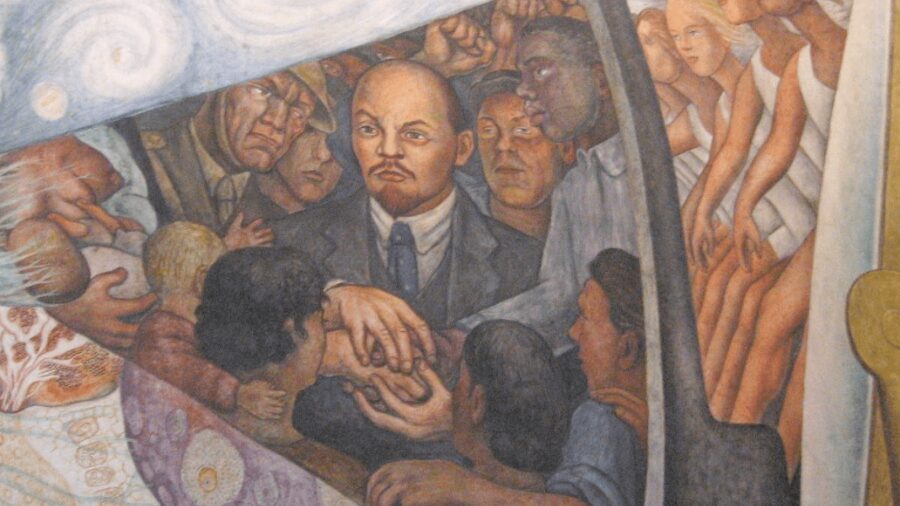Thursday, May 30
6:00 pm – 8:00 pm
Indianapolis Liberation Center
This year marks 100 years since Vladimir Ilyich Lenin, the leader of the first successful socialist revolution, died. Yet Lenin’s activity and theory quickly spread throughout the world, inaugurating decades of successful revolutions where, throughout Asia, Africa, and Latin America, the oppressed and working classes overthrew their oppressors and started building societies organized around the interests of the majority instead of the profits of a tiny group of bankers, war makers, CEOs, and their politicians.
The reason it remains crucial to study Lenin a century after his death is simple: the success of every revolution of the oppressed since 1917—from Burkina Faso, South Africa, and Vietnam to China, Cuba, and Yemen—depended on groups and parties that were either Leninist or, at the very least, heavily influenced by Leninism.
The dissolution and overthrow of the Soviet Union, despite its flaws, was a world historic setback that ushered in a wave of counterrevolutions. Now, however, the tide is beginning to turn again as the world’s exploited, oppressed, and dispossessed are on the march once again, including right here in Indianapolis.
This month’s Liberation Forum engages specific key lessons we need to retain from Lenin. These lessons include his view on the role of the state under capitalism and socialism, practical political engagement, avoiding sectarianism, and the ability to combine adherence to a clear political line while remaining infinitely flexible in tactics and strategies.
Through speeches and discussions, May’s Liberation Forum is a key opportunity for local activists and organizers to learn why Lenin was and is so fundamental to everyone working to not just alleviate the worst symptoms of exploitation and oppression, but eliminate them altogether.
Featured photo: A section of Marxist revolutionary artist Diego Rivera’s mural, “Man at the Crossroads.” Source: Wikimedia Commons.

